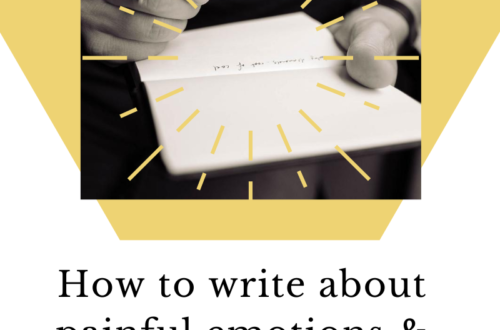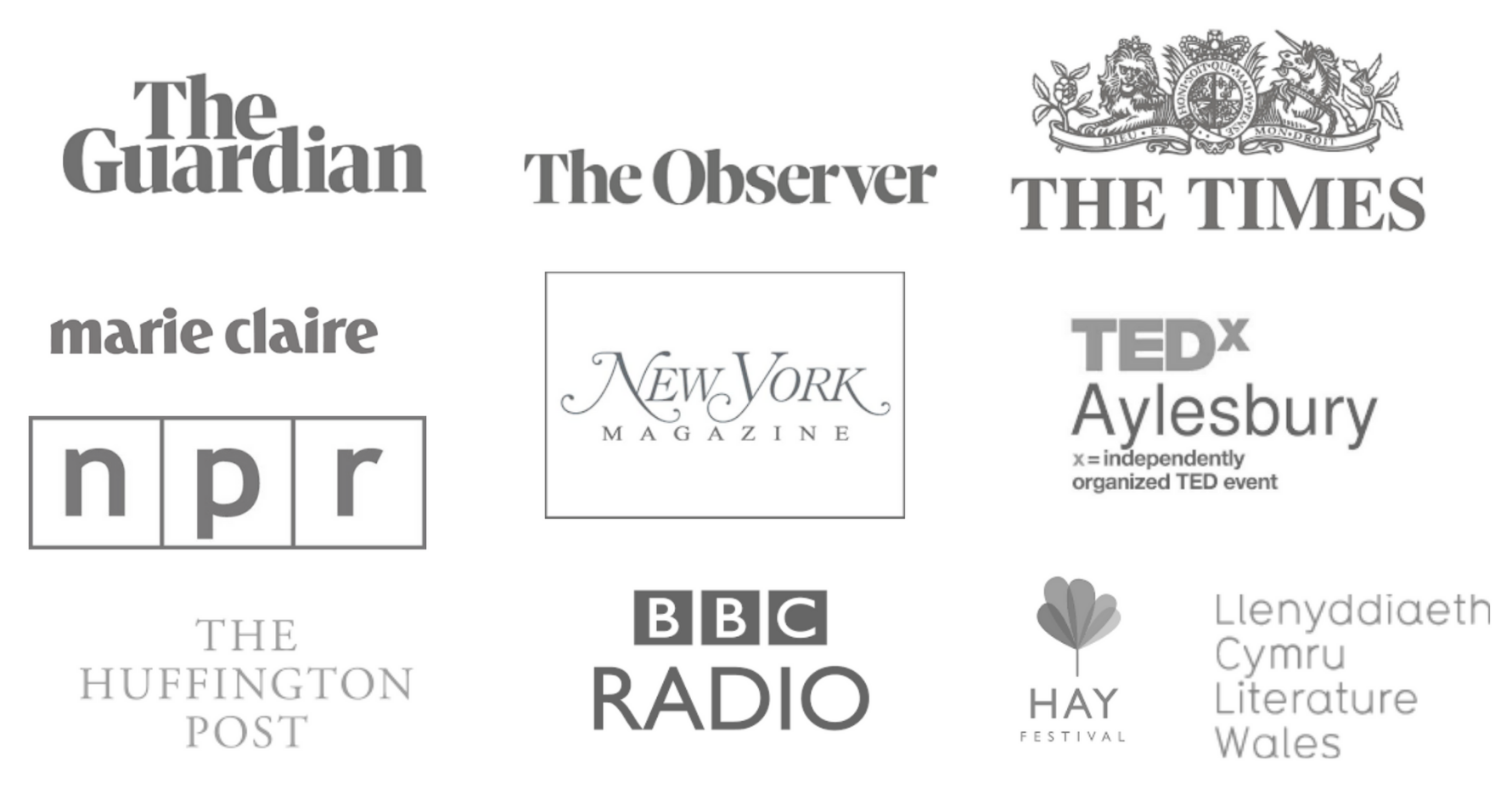
My MA Research: Exploring How Body Oriented Counselling and Psychotherapy Can Be Digitally Mediated
I am interested in exploring how body-oriented psychotherapy can be digitally mediated.
Within body psychotherapy, there is a concept of the “bodily reality” i.e the feelings and shifts in our bodies, in each moment, being a “rich source of information we may access for use in the therapy” (Staunton, 2002, pp. 2).
I am exploring how such work can occur online, when we “listen with our bodies, and we listen to the client’s body…We bring our embodied imagination to the encounter.” (Staunton, 2002, pp. 2).
Digital Embodiment: Exploring How Body Oriented Counselling and Psychotherapy Can Be Digitally Mediated.
Project information sheet
Thank you for your consideration and interest in my MA research. I am Grace Quantock, a MA student at Bath Spa University, School of Education. This research project is part of my MA in Psychotherapy and Counselling Practice. I am a psychotherapeutic counsellor, writer and researcher and my focus is working with clients with multiple marginalised identities and working safely with embodiment after trauma.
What is the research project about?
I am exploring how body-oriented psychotherapy and counselling can be digitally mediated. Much research has looked at the effectiveness of body-oriented psychotherapy in comparison to talking therapies which do not include the body, or research into online therapy is cognitive behavioural therapy (CBT) based. I am researching how therapeutic work with engages the body can be delivered online.
What would my involvement mean for me?
I am inviting therapists who fit the following criteria to participate in an hour long, semi-structured interview:
Therapists who are:
- Qualified psychotherapists, psychotherapeutic counsellors or counsellors.
- Registered members of a relevant governing body, such as the British Psychological Society, UK Council for Psychotherapy, British Association of Counselling and Psychotherapy or the regional equivalent.
- Using body-oriented work with clients, for example sensorimotor psychotherapy, somatic experiencing, body dreaming, focussing or similar body-oriented focus.
- Working with clients online, for example using platforms like;
- Zoom
- Skype
- Facetime
- Telephone
- Or another online platform
For these interviews, I will ask for your thoughts and experiences on how you work online with the body, what works best for you and your clients and any insights you have gained about effective online working during the pandemic.
The interview will be conducted via Google Meet, and last approximately 1 hour. The interview will be audio-recorded and a full, anonymised transcript will be produced. This means that you will not be identified or identifiable from the transcript.
What will happen to the information I provide during the interview?
Following the semi-structured interview, the audio-recording will be stored securely on a password-protected computer drive.
Please note that due to impairment reasons, I may not personally transcribe the interview audio. I will send the audio recording to a reputable transcription service. They will handle it securely and confidentially. Any questions about this, or if you need more information please just let me know.
After transcription, I will email you a password protected file of the transcript through a secure file sharing service. You will be able to look it over and correct or clarify anything you need to. After you’ve confirmed the transcript, I will delete the audio recording.
What are the benefits of taking part in this research?
My hope is that this research can contribute to effective body-oriented psychotherapy being delivered online in a way that’s accessible and inclusive. The psychotherapy and counselling professions have traditionally not widely engaged in online work. But in the Covid pandemic, most therapeutic work has moved online. Research about online therapy has generally focussed on its effectiveness, but I want to move beyond establishing whether the internet can be used to deliver therapy (as it is being used to deliver it currently) and instead to investigate how therapists and clients use online platforms to do body-oriented therapy.
This research has applications beyond psychotherapy, due to the Covid-19 pandemic shifts to telemedicine have rapidly accelerated. There is potential for clinicians to draw on the knowledge of psychotherapists experienced in working at relational depth and undertaking risk assessments and client intake via videoconferencing. Understanding how to connect online can be an important factor in delivering health information that is digestible and engaging. Alongside this, many technology companies are developing their interests in wellbeing, with the rise of virtual delivery therapeutic platforms. An understanding of how the body is engaged in online therapeutic work is an important compliment as many of the platforms rely on a cognitive behavioural therapy model exclusively. With the world’s embodiment focussed psychotherapists moving en masse to online work due to the Covid pandemic, this is a rich opportunity to understand how body-oriented psychotherapy can be successfully digitally mediated.
After my research is complete, I can send you a summary of my research findings, if you would like to request one.
Are there any risks to taking part in the research?
The research will be conducted online, via Google Meet, and therefore covid secure. I won’t be asking for any personal data or client details, just about your experiences of working online, what works and what has been challenging, as well as how you have navigated those challenges. You don’t have to answer any questions you don’t want to, the conversation will be respectful of your time and experiences.
Can I change my mind about participating?
Yes, you can withdraw from the study at any time without any issues, and there is no need to explain why. Just let me know you want to withdraw. You can leave the interview, or email me and let me know you don’t want to continue. You can also withdraw your data, the information you’ve shared with me that will be contained in the transcript of our interview. However, after the data has been analysed, I can’t withdraw yours as I won’t be able to identify whose is whose. I will let you know by email the date this will be well in advance.
Do you have permission to conduct this research project?
Ethical approval for this research project has been granted by the School of Education Research Ethics Committee, Bath Spa University.
How can I register interest in participating?
By filling out this brief online form: http://bit.ly/DigitalEmbodimentInterest






